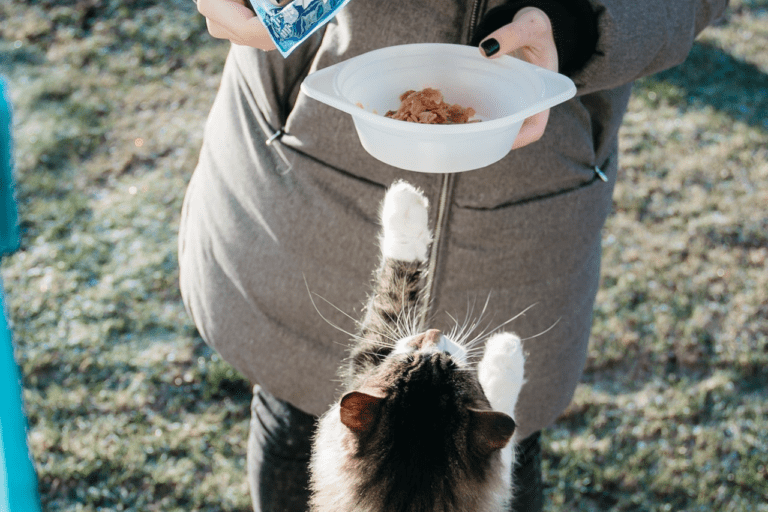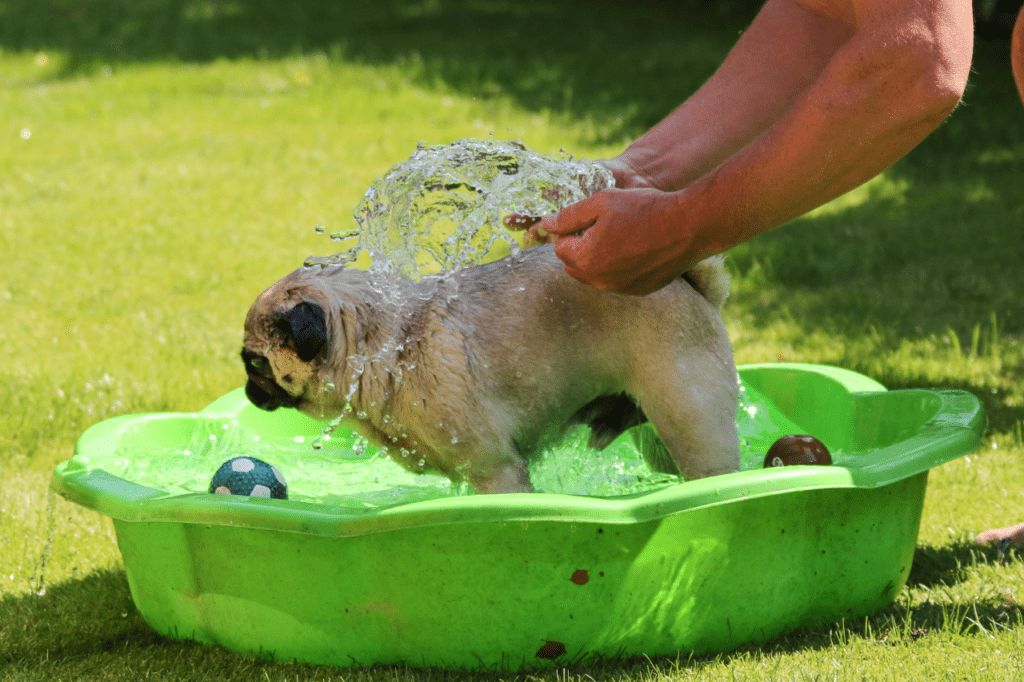When it comes to nutrition, cats require a specific diet that is tailored to their individual needs. If you’re a pet owner, understanding the basics of cat nutrition can help you ensure your furry friend is getting the right amount of nutrients and energy they need to stay healthy. Read on for our ultimate guide to cat nutrition!
What Cats Eat
Cats are obligate carnivores, meaning they need animal protein in their diets in order to survive. The best way to provide your cat with the necessary nutrients is by feeding them high-quality wet or dry food. Wet food is typically higher in protein, while dry food helps keep your cat’s teeth clean. It’s best to feed your cat both types of food for optimal nutrition.
When selecting wet or dry food for your cat, make sure it contains essential vitamins and minerals such as Vitamin A, Vitamin D3, taurine and omega fatty acids. Additionally, look for foods that contain natural ingredients like whole grains, fruits and vegetables. Avoid any foods that contain artificial colours or flavours as these can be bad for your pet’s health.
Nutrition Requirements
Cats have different nutritional requirements than humans or even other animals do because they are obligate carnivores. As such, cats need more protein in their diets than other animals—upwards of 40% or more! Additionally, cats require higher amounts of certain vitamins and minerals like taurine which helps support eye health and muscle function; Vitamin A which promotes good vision; Vitamin D3 which helps maintain healthy bones; and Omega fatty acids which promote a glossy coat (among other benefits). Cats also need enough calories each day—typically between 200-300 per day depending on size and activity level—in order to maintain an ideal weight.
Treats & Supplements
In addition to a healthy diet of wet or dry kibble (or both), you can also supplement their meals with treats from time-to-time as long as it fits within the calorie count for the day. Look for treats made with natural ingredients like fruits and vegetables that are free from any artificial colours or flavours. You may also want to consider adding supplements like probiotics or omega fatty acid supplements if recommended by your vet; these can help promote overall health in cats just as they do in humans!
Proper nutrition is essential when it comes to keeping your cat healthy and happy! Understanding what cats eat, their nutritional requirements, and how much they should be eating each day can go a long way towards helping you make sure your pet has all the nutrients they need for optimal wellness. So remember: offer them quality wet or dry food supplemented with natural treats if desired (and approved by your vet), and always consult with a qualified professional if you have any questions about how best to feed your feline friend!











Recent Comments